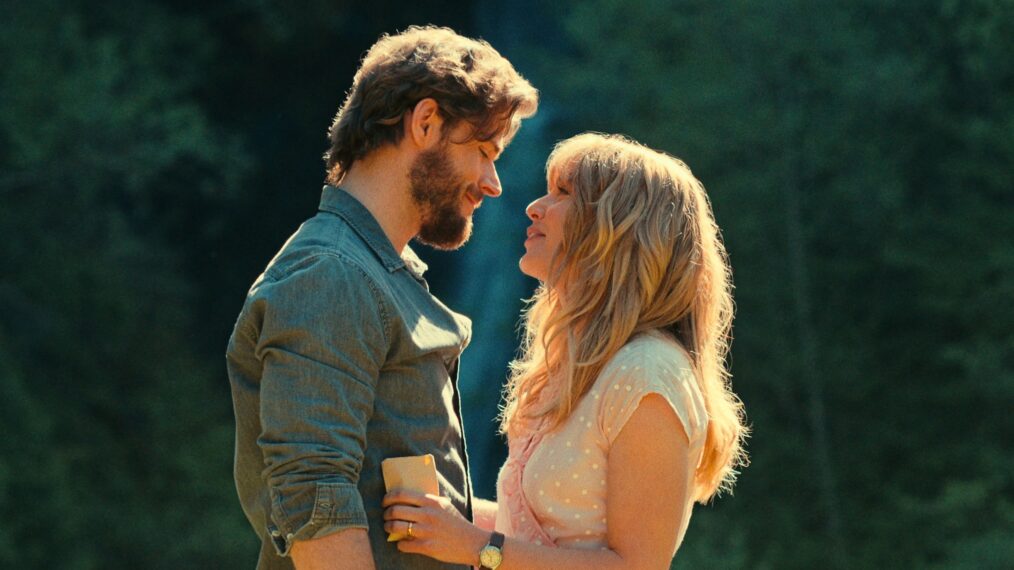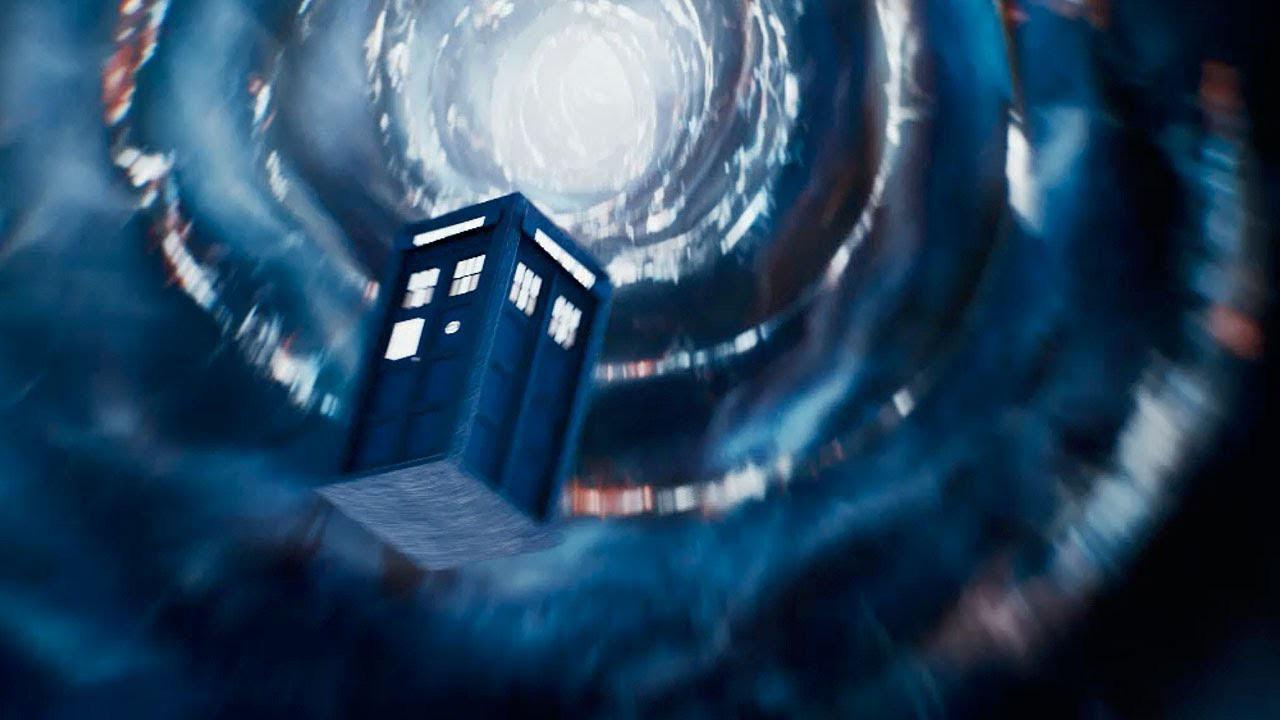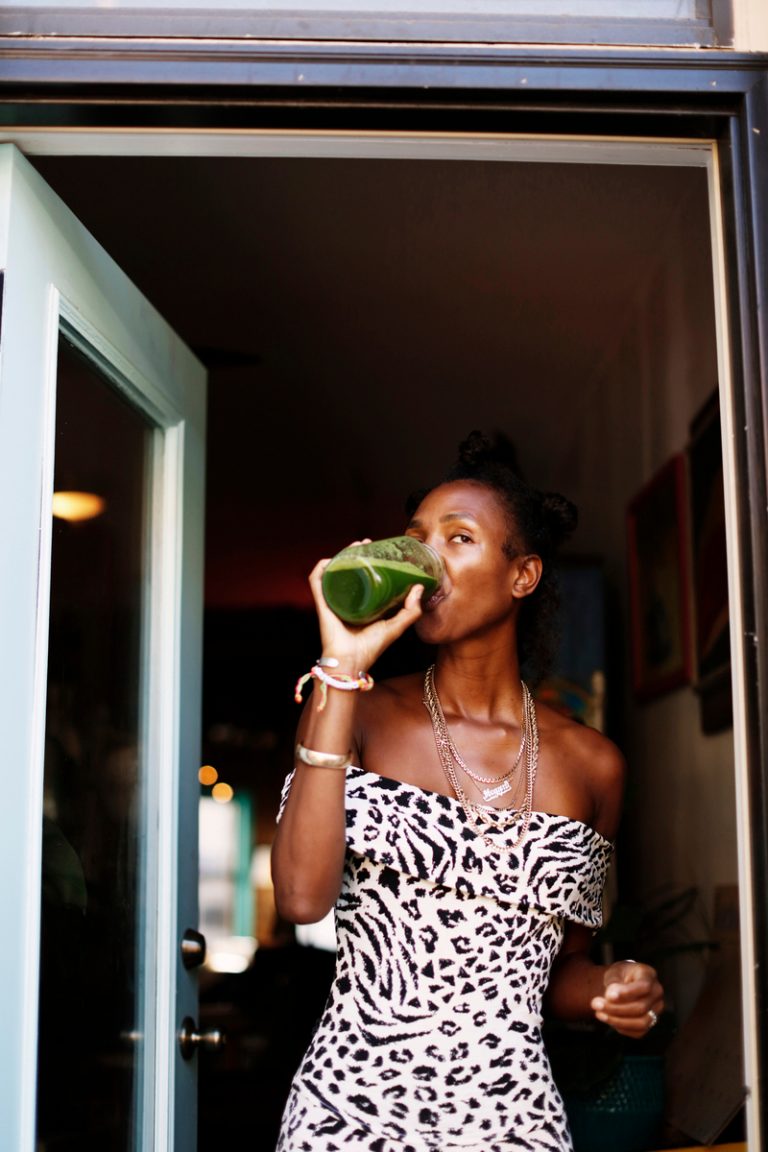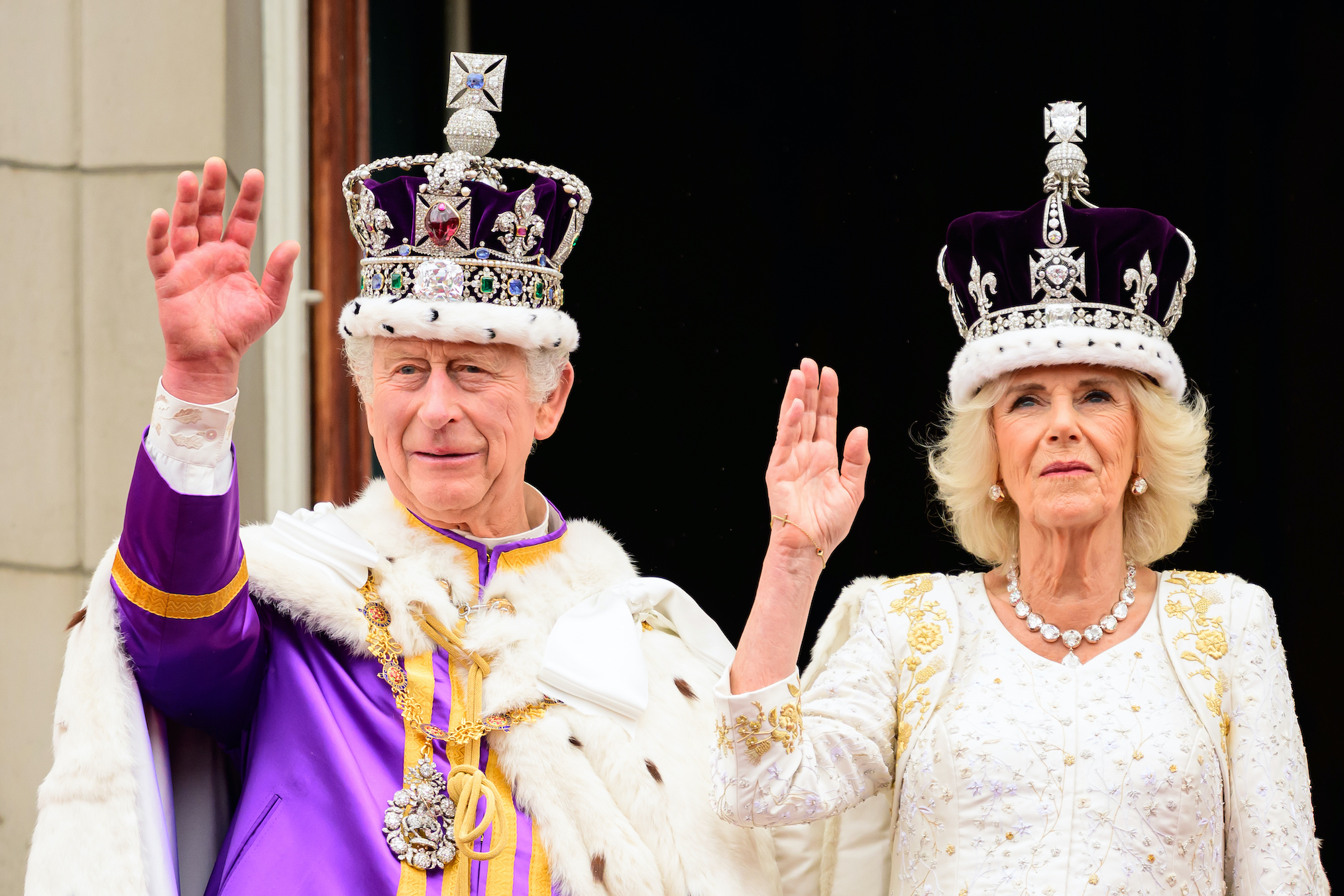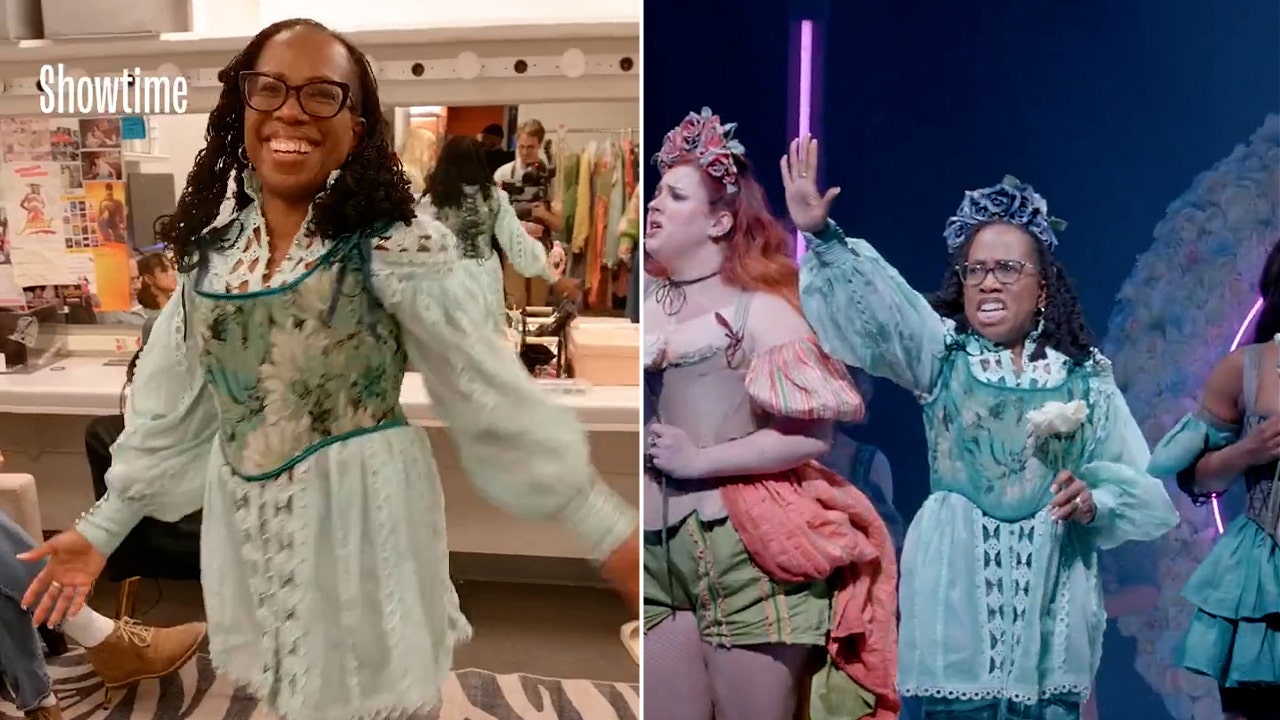May 2

 Written on Water by Eileen Chang
Written on Water by Eileen Chang
It is no exaggeration to say that Chang has shaped our perceptions of modern cities in China. Before her, big cities were monstrous, with myriads of people often seen as sordid sinners. Chang portrayed Shanghai and Hong Kong as the intersections of tradition and modernity, of the East and the West. The pleasures of modernity embody new ways of life. The subtleties of everyday life signify people’s pursuit of happiness. Chang is sharp, rebellious, and unique. You will find even her examination of Shanghainese food eerily resonating. —Jianan Qian
 Chain Gang All-Stars by Nana Kwame Adjei-Brenyah
Chain Gang All-Stars by Nana Kwame Adjei-Brenyah
Ever since the moment I finished Adjei-Brenyah’s surreal, satirical, and original debut story collection, Friday Black, I’ve been not-so-patiently waiting for whatever he wrote next. In his upcoming debut novel, two female gladiators fight to the death for their freedom on the hugely popular and controversial TV show, Chain-Gang All Stars, which airs on CAPE (Criminal Action Penal Entertainment). With his sharp eye for satire and reverence for humanity, Adjei-Brenyah’s latest explores the exploitation, violence, and false promises of the prison industrial complex, capitalism, and the country itself. —Carolyn Quimby
 We Are Too Many: A Memoir (Kind Of) by Hannah Pittard
We Are Too Many: A Memoir (Kind Of) by Hannah Pittard
Novelist Hannah Pittard mixes fact with fiction in her genre-bending memoir about her marriage in decline, detailing the discovery that her husband is cheating on her with Trish, her magnetic best friend. In funny and audacious prose, Pittard takes the hybrid memoir genre to an inspiring new level, exploring themes of heartbreak and resilience, subjects that are essential to the human experience. Nightbitch author Rachel Yoder says the book is “a boldly-rendered and honestly-told memoir that’s as innovative as it is engrossing.” —Liv Albright
 Clytemnestra by Costanza Casati
Clytemnestra by Costanza Casati
Set in Ancient Greece, Casati’s novel details how Queen Clytemnestra, the sister of Helen of Troy and wife of Agamemnon, survives injustice and ultimately manages to thrive in a world made and ruled by men—namely, by killing the men who have mistreated her. Fans of Madeline Miller’s Circe and Jennifer Saint’s Elektra will love this vibrant new addition to the growing canon of feminist retellings of Greek mythology. —LA
 Shy by Max Porter
Shy by Max Porter
From the writer of Grief Is the Thing with Feathers comes a striking new novel about a teenage boy who escapes from a facility for troubled adolescents. Taking place over the course of a single night, Porter’s latest delves into the interiority of a boy named Shy, who is plagued with his own failings and the reality that his chances are dwindling. Giving us full access to the inner workings of Shy’s mind, Porter forces us to consider the plight of teens struggling to navigate a flawed mental health system. —LA
 Gone to the Wolves by John Wray
Gone to the Wolves by John Wray
One night, during a heavy metal show, a young woman named Kira vanishes. Her friends, Leslie and Kip, once bonded by their shared love of rock and roll, are now estranged. With years to make up for, can Kira’s disappearance reunite these former companions? Hailed by such novelists as Andrew Sean Greer, Catherine Lacey, and Emily St. John Mandel (to name just a few) as an enticing read, Wray’s new novel is like a punk rock concert—electric and wild. —LA
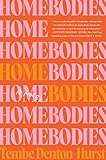 Homebodies by Tembe Denton-Hurst
Homebodies by Tembe Denton-Hurst
When Mickey Hayward loses her coveted media job, she pens a scathing letter about the racism and sexism she’s encountered in the industry. It’s met with silence and soon forgotten, until a media scandal catapults the letter—and Mickey—back into the spotlight. A witty take on fame, media, and the institutions that rule our lives, Homebodies has already garnered blurbs from Danielle Evans, Honorée Fanonne Jeffers, and Bryan Washington. —Sophia M. Stewart
May 9
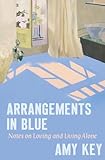 Arrangements in Blue by Amy Key
Arrangements in Blue by Amy Key
An essay collection about unpartnered life set to the soundtrack of Joni Mitchell’s Blue—so thoughtful of Amy Key to write a book specifically and exclusively for me! Looking back at her past romantic longings and collisions, Key considers the (inflated?) value of romantic love and finds her contradictory feelings on the matter reflected in Mitchell’s lyrics. There’s nothing poor-me about Arrangements in Blue; in Key’s hands, solitary life becomes more capacious—and more complicated—than I ever thought possible. —SMS
May 16
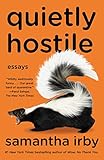 Quietly Hostile by Samantha Irby
Quietly Hostile by Samantha Irby
If you’ve read Irby’s previous collections, or even skimmed her Instagram, you’re likely waiting for her next book of hilarious essays. This one sounds promising: it has a skunk on the front and covers everything from working in Hollywood, to getting a “deranged pandemic dog” (per the jacket copy), to being turned away from a restaurant for being dressed inappropriately. I can’t wait! —Edan Lepucki
 Easily Slip into Another World by Henry Threadgill and Brent Hayes Edwards
Easily Slip into Another World by Henry Threadgill and Brent Hayes Edwards
The autobiography of Pulitzer-winning jazz artist Henry Threadgill, co-written with Edwards, a Professor at the Center for Jazz Studies at Columbia University, traces not just the life of one of the most important figures in contemporary American music but also the intersecting forces of history, race, art, and capitalism. This is an essential read for jazz lovers, musicians, and anyone looking for insights into the creative process and artistic life. —SMS
 Second Star: And Other Reasons for Lingering by Philippe Delerm, translated by Jody Gladding
Second Star: And Other Reasons for Lingering by Philippe Delerm, translated by Jody Gladding
A runaway hit in France, Second Star is a collection of vignettes about life’s smallest and simplest moments, from washing your windows to peeling a clementine. With evocative descriptions of taste, touch, and sound, Delerm zeroes in on the sensations and pleasures that, while often overlooked or taken for granted, can make us feel most alive. Linger in the moment, he says, stay a while—be here, now. —SMS
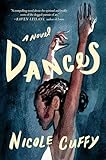 Dances by Nicole Cuffy
Dances by Nicole Cuffy
At the age of 22, Cece Cordell is catapulted to fame when she becomes the first Black principal dancer in the history of the storied New York City Ballet. But her achievement doesn’t feel right, and she she soon embarks on a journey to find a missing older brother—and the pieces of herself that have been devoured by the voracious machinery of the highly competitive ballet world. This debut novel by the author of a decorated work of short fiction, 2018’s Atlas of the Body, is an examination of the physical and spiritual costs all artists must pay in the pursuit of their art. —Bill Morris
 Dykette by Jenny Fran Davis
Dykette by Jenny Fran Davis
In her blurb for Davis’s debut novel, the writer Samantha Hunt tells me everything I needed to know: “Like a tightly rolled spliff passed around the room,” she writes, “you will inhale Dykette.” Following three queer couples on a 10-day country getaway, Dykette takes on desire, debauchery, and destruction through a distinctly queer—and propulsively entertaining—lens. —SMS
 Avidly Reads Screen Time by Phillip Maciak
Avidly Reads Screen Time by Phillip Maciak
Phillip Maciak is one of the best TV critics alive right now, full stop. Whether he’s writing about Girls or Station Eleven or Bluey, his criticism is always characterized by wit, insight, and a remarkable propensity for close-reading. So I was over the moon to learn about his new book of cultural criticism and history, Avidly Reads Screen Time, about how we define screens and how they define us. There are three Mad Men screen caps within the book’s first 30 pages, so, yeah, it’s gonna be ridiculously good. —SMS
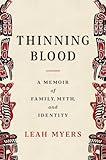 Thinning Blood by Leah Myers
Thinning Blood by Leah Myers
Leah Myers is likely the last official member of the Jamestown S’Klallam Tribe as a consequence of blood quantum laws. In a work of memoir and family excavation of her ancestors lives’ in the Pacific Northwest, Myers explores the meaning of legacy, documentation, belonging, and weaves between and together her own life, the lives of her ancestors, and the hypotheticals of future generations. —Lydia Kiesling
 King: A Life by Jonathan Eig
King: A Life by Jonathan Eig
Martin Luther King Jr. has, at this point, been flattened into an icon. The Selma to Montgomery march, “I Have a Dream,” his assassination—this is what his life has been boiled down for many of us, and in the American imagination as a whole. King the leader, the orator, the pastor, the martyr—what about King the man? Eig’s forthcoming tome on King, the first full biography in decades, contains new research and shines a fresh light on King’s life, relationships, and interiority. —SMS
 Berlin by Bea Setton
Berlin by Bea Setton
If you’ve ever wanted to pick up and move to another country, hoping for freedom and adventure, Setton’s debut novel may make you reconsider. Berlin focuses on Daphne, an affluent college graduate who moves to Berlin only to become the target of violent harassment. Despite Daphne’s increasing (and well-founded) paranoia, she enters the world of online dating, where she mocks the men who pursue her. With style and light deception, Setton’s prose takes readers on a page-turning journey shrouded in mystery and intrigue. —LA
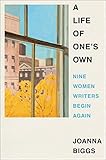 A Life of One’s Own: Nine Women Writers Begin Again by Joanna Biggs
A Life of One’s Own: Nine Women Writers Begin Again by Joanna Biggs
I’ve recently realized that I will read just about any book of nonfiction that has the word “women” in the title. A Life of One’s Own is no exception, though the draw certainly does not end at its title. Biggs’s latest combines memoir, criticism, and biography (my favorite literary concoction) to study how women writers across the centuries—Plath, Woolf, Morrison, et al.— have carved out freedom for themselves in their lives and work. —SMS
 The Guest by Emma Cline
The Guest by Emma Cline
Cline’s debut novel, The Girls, enthralled readers with the lyrically-told story of Evie, set in the world of 1960s cults. Like Evie, the protagonist of Cline’s new novel The Guest, Alex, is purposeless and self-destructive. Evicted from her apartment and dumped by her older boyfriend during their excursion to the Hamptons, the resourceful Alex uses her background in sex work to survive. Cline filters her tale of class difference through Alex’s shrewd observations about the affluent interlopers she encounters. Geoff Dyer describes Cline’s prose as “drifty and wire-taut, easy on the eye, with an awful undertow of unease that never lets up,” and Sam Lipsyte and Jennifer Egan praise Cline as an exciting literary talent. —LA
May 23
 The Late Americans by Brandon Taylor
The Late Americans by Brandon Taylor
Everyone’s favorite Booker Prize shortlister, national bestseller, Story Prize winner, Henry James prefacer, litcrit-newsletter purveyor, tweet-sender, and sweater-enjoyer Brandon Taylor, returns in May 2023 with The Late Americans. Like his acclaimed 2020 novel Real Life, The Late Americans is set in a small midwestern college town; also like Real Life, it is more accurately set in its young characters’ exquisitely sensitive and private psyches. Its three protagonists, and a larger constellation of midwestern eccentrics, artists, and academics, confront and provoke one another in a volatile year of self-discovery leading to a trip to a cabin where they bid goodbye to their former lives—a moment of reckoning that leaves each of them irrevocably altered. —Adam O’Fallon Price
 When the World Didn’t End: A Memoir by Guinevere Turner
When the World Didn’t End: A Memoir by Guinevere Turner
American Psycho screenwriter Guinevere Turner’s debut memoir is about growing up in the Lyman Family cult. As the cult’s leader, Mel Lyman, warns his members about the outside world from which he and his followers have distanced themselves, Guinevere unconsciously absorbs Lyman’s doctrine, content to spend her days playing with the other children in the compound. However, when Guinevere and her mother are evicted from the Lyman Family, Guinevere must learn to overcome Lyman’s distorted beliefs about society in order to survive within it. Turner delivers a narrative as exciting and vivid as a great work of cinema. —LA
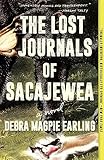 The Lost Journals of Sacajewea by Debra Magpie Earling
The Lost Journals of Sacajewea by Debra Magpie Earling
Earling reimagines the well-trodden tale of Sacajewea and her role in the fateful expedition of Lewis and Clark in this historical novel. Endowed agency, authority, and interiority, Earling’s Sacajewea rewrites the version of herself handed down through American history. Her life before the expedition comes into vivid focus, as do her complicated feelings about her role in charting the course for American imperialism. Night of the Living Rez author Morgan Talty praises this “transcendental work of literature” as “striking” and “elegant.” —SMS
May 30
 On Women by Susan Sontag, edited by David Rieff
On Women by Susan Sontag, edited by David Rieff
Susan Sontag, Merve Emre—the collab of the century? I’ll read anything by either writer, so I will of course be reading this. Sontag’s takes on feminism, sexuality, beauty, fascism, aging, and more are the focus of this seven-essay collection, introduced by Emre and edited by Sontag’s son David Rieff. Always drawn to the grey, the murky, the complicated, here Sontag considers the ubiquitous, amorphous forces that shape women’s lives with her characteristic curiosity and authority. —SMS
 Lesbian Love Story by Amelia Possanza
Lesbian Love Story by Amelia Possanza
In her debut memoir, Brooklynite Possanza dives into the archives to recover the stories of twentieth-century New York lesbians. Sifting through records she finds role models and cautionary tales, juicy gossip and heart-wrenching regret. Writing with empathy, wit, and imagination, Possanza constructs a personal, political, and romantic history of lesbian life and love. —SMS
 The Forgotten Girls by Monica Potts
The Forgotten Girls by Monica Potts
Growing up in rural Arkansas, Journalist Monica Potts feared becoming another statistic in her impoverished town, whose residents had long struggled with addiction, mental-health crises, and overdose deaths. She credits her love of literature with saving her life. But when Potts decides to investigate her hometown as an adult, she learns that her childhood best friend, Darci, an equally intelligent and curious young woman, has become a drug addict. Dopesick author Beth Macey praised Potts’s memoir as marked by “poignancy and whip-smart analyses.” This is required reading for anyone interested in how the blend of sociological and psychological factors can make or break an individual. —LA




























